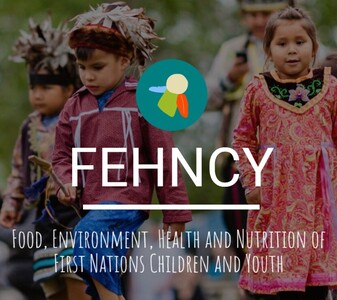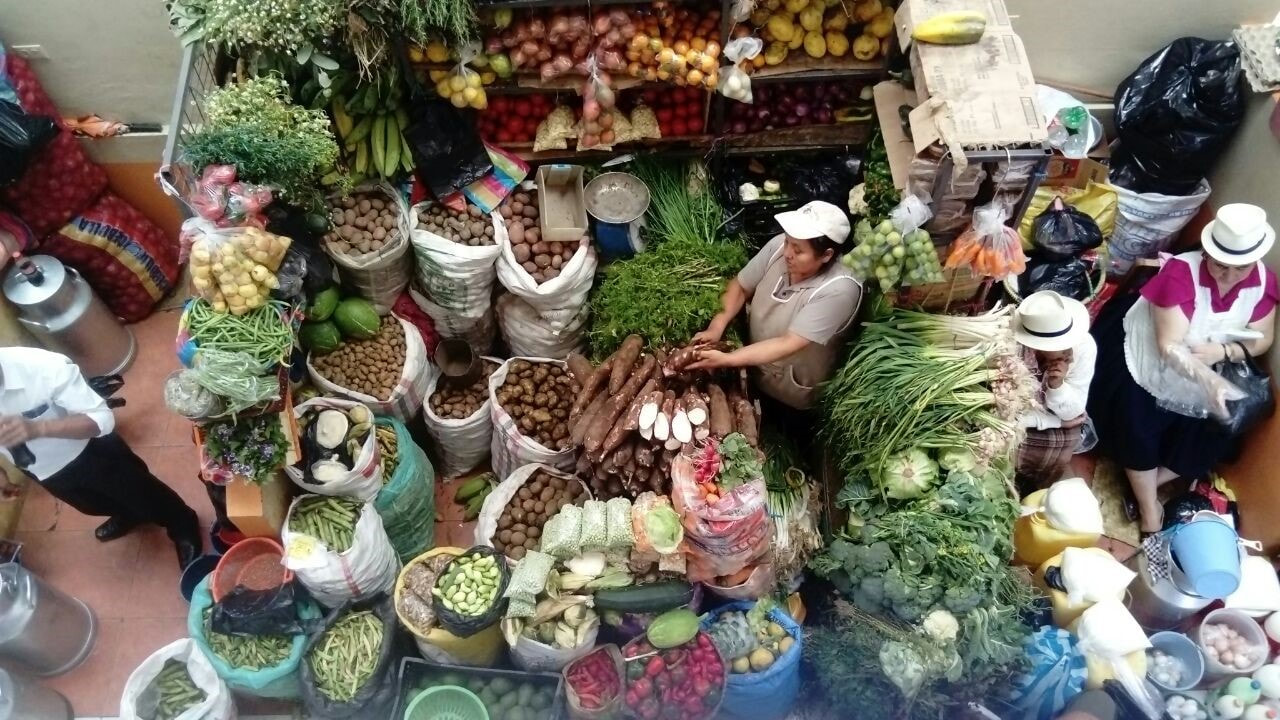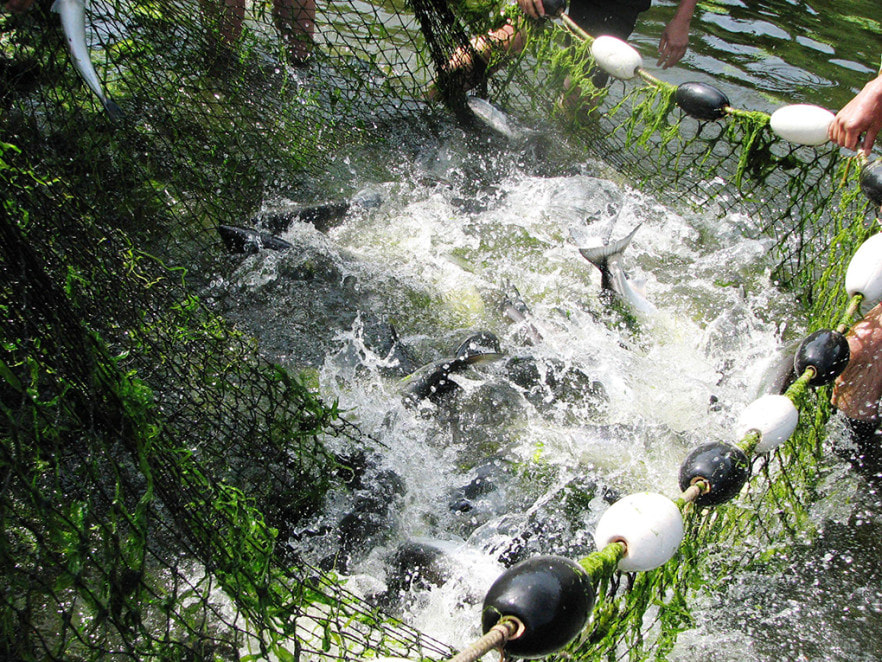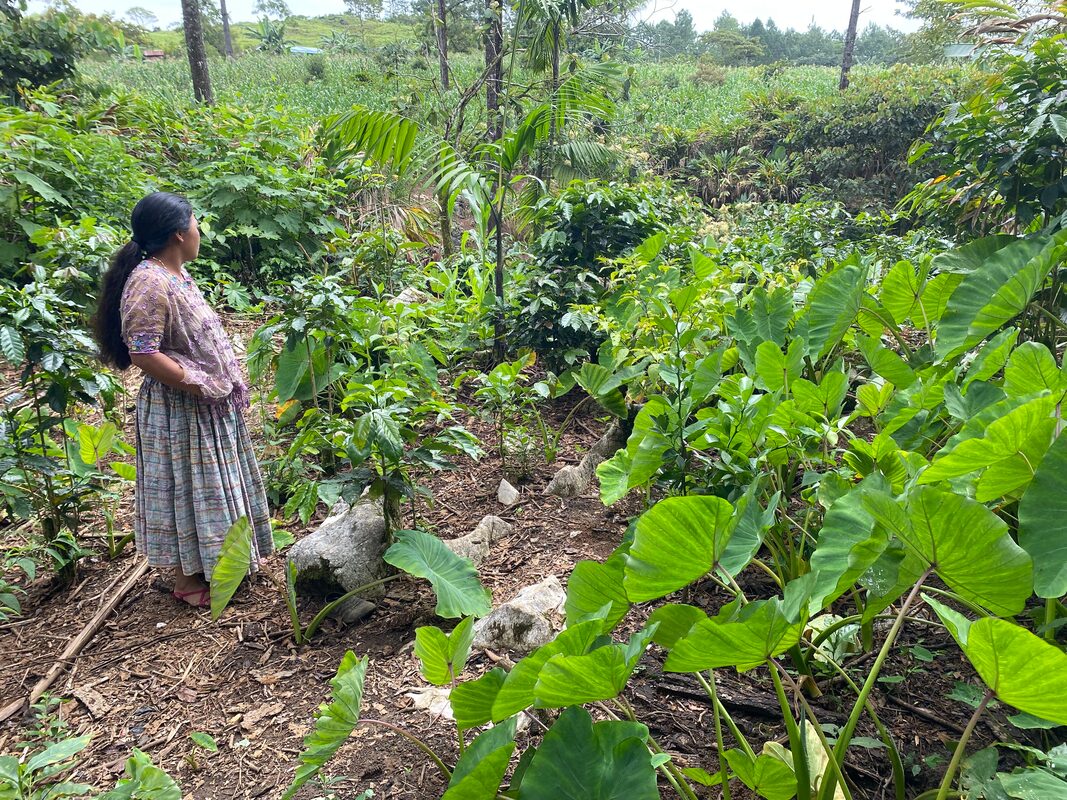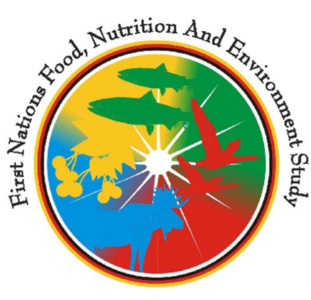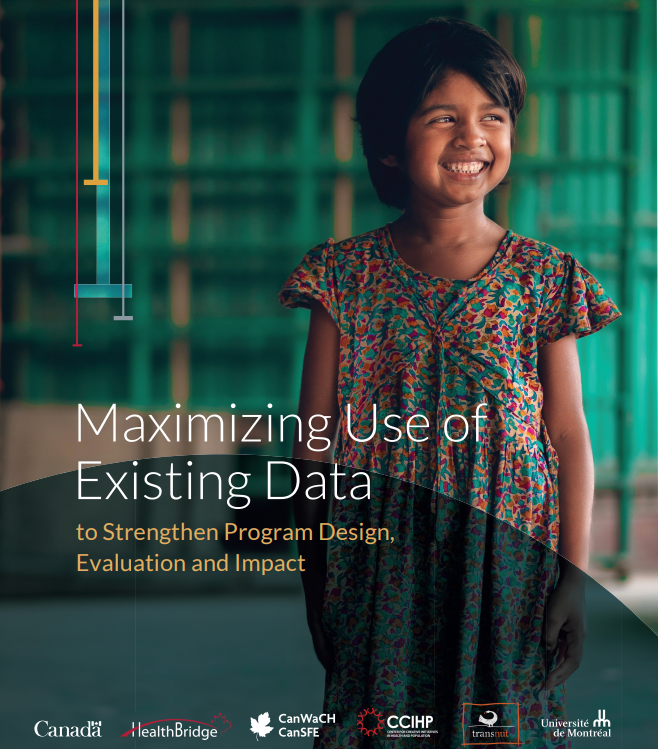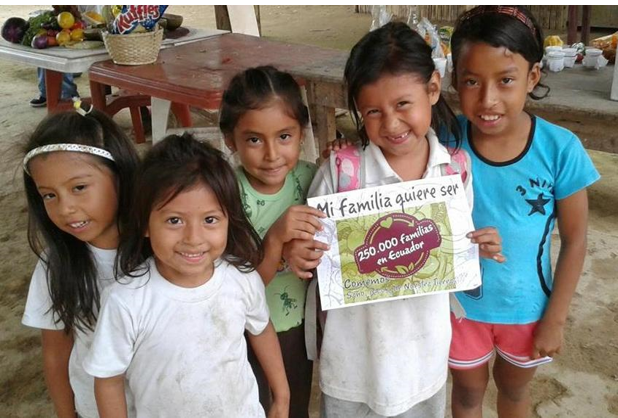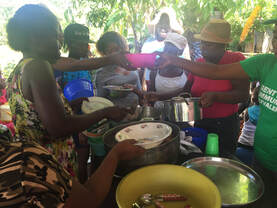|
FEHNCY: Food, Environment, Health and Nutrition of First Nations Children and Youth Study
This is a cross-Canada research study looking at the nutrition, health and environment of First Nations children and youth aged 3 to 19, through partnerships and community participation. |
EKOMER-REDES: Evaluating and bringing to scale alternative food networks to address diabetes mellitus and hypertension
This 5-year study in Ecuador aims to examine the impact of alternative food networks (AFNs) on the underlying risk factors for diabetes and hypertension and explore how endogenous scaling-up and strengthening of these community-based initiatives can have a greater impact on the health of vulnerable populations. |
|
CCFS4N: Climate Change and Food Security 4 Nations. Developing adaptation strategies for healthy fisheries and food security for First Nations in British Columbia under climate change
This 4-year project aims to answer the question of how the predicted changes in the access to fish will affect First Nations' nutritional health and develop marine management plans and public health policy accordingly. |
Utz K'aslemal: Leveraging Guatemalan farmers’ existing organization around food sovereignty and agroecology for reducing risk of pesticide- and diet-related noncommunicable diseases
This participatory action research project works closely with Guatemalan farmers to mobilize food sovereignty and agroecology as resources to strengthen and expand the prevention of diet-related non-communicable diseases (NCDs) and pesticides. |
|
Food SINERGY: Food Systems Innovation to Nurture Equity and Resilience Globally
Food SINERGY is a collective whose interest in resilient food systems is underscored by a shared understanding that food systems at different scales are currently facing multiple pressing threats, and that the need for transformation is urgent. |
FNFNES: First Nations Food, Nutrition and Environment Study
This 10-year community-based participatory research project was the largest nutrition, food security and food safety study with First Nations in Canada. It consisted of five principle study components: household interviews, tap water sampling for trace minerals, surface water sampling for pharmaceuticals, hair sampling to estimate mercury exposure and traditional food sampling to estimate exposure to contaminants. |
|
Okanagan salmon
This study aims to assess how a Syilx-led food sovereignty initiative to reintroduce sockeye salmon into the Okanagan River in British Columbia, Canada impacts health, well-being, and cultural connectedness among Syilx adults. |
MaxData: Maximizing use of existing data to strengthen program design, evaluation and impact
This project tested the feasibility and validity of using high quality, publicly available data from Demographic and Health Surveys (DHS) and the Multiple Indicator Cluster Surveys (MICS) to complement or replace NGOs’ primary baseline data collection of indicators related to maternal, newborn and child health in low- and middle-income countries. |
|
EKOMER: Strengthening the impact of the Healthy Food Consumption Campaign: “250,000 Families in Ecuador”
This research project aimed to strengthen an innovative marketing campaign on responsible food consumption led by civil society in Ecuador that enables improved food policy interventions, adoption of healthy and sustainable diets, and prevention of food-related chronic illness. |
A3PN: Prénatal, perinatal, postnatal and nutritional support in the Sud and Grand'Anse departments of Haiti
This project aimed to identify and measure the evolution of health and nutrition indicators as part of a 4-year maternal and infant health initiative in the Sud and Grand'Anse departments of Haiti. |

